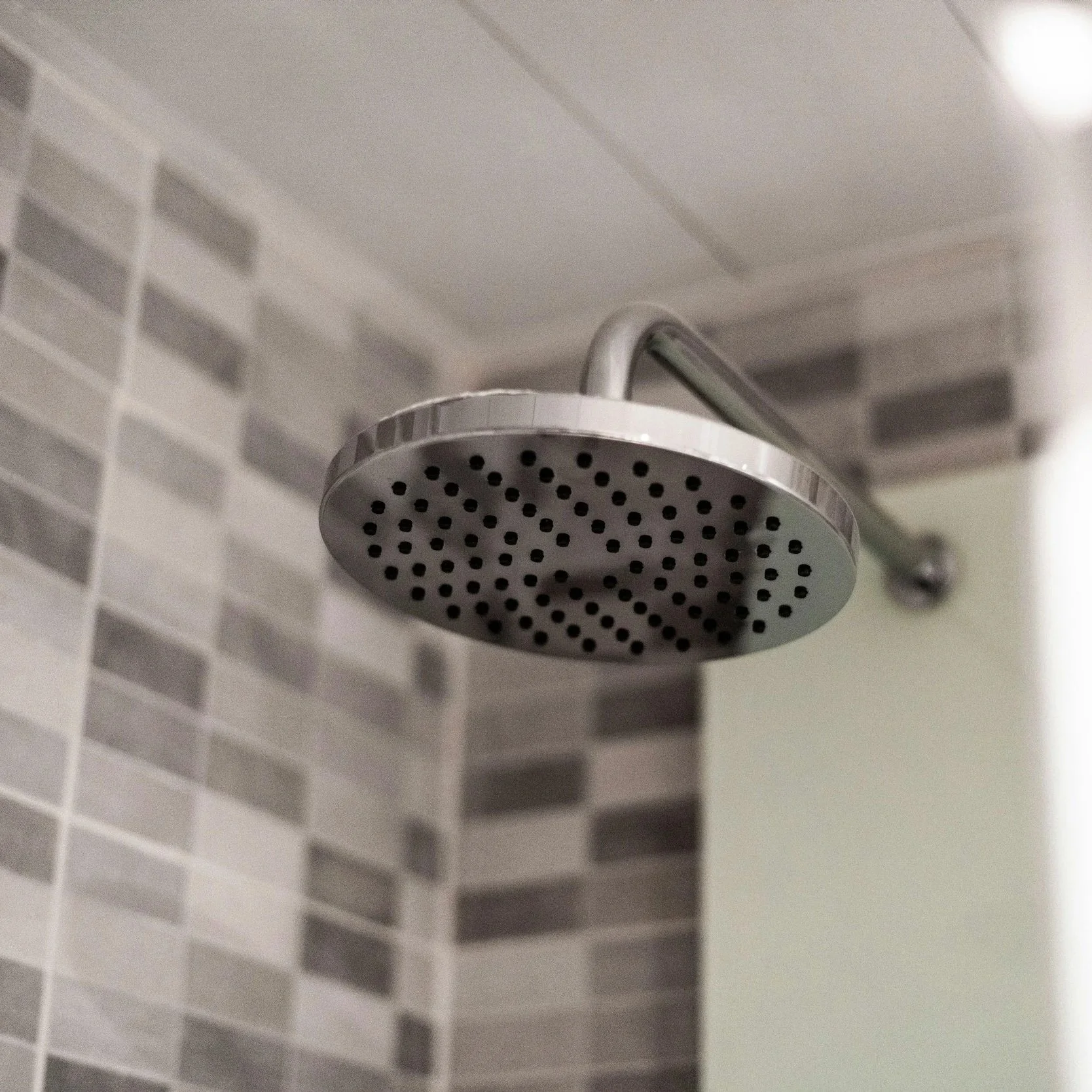Heating Up Without Shorting Out
Electric water heater wiring isn't just a technical task to check off a list during installation; it's a crucial aspect of verifying the system's proper operation.
They may look like harmless water cylinders in the corner of a laundry room, but electric water heaters are powerful and quiet. Behind those warm showers, clean dishes, and steamy laundry loads lies a machine that draws a substantial electrical load—and it deserves to be taken seriously.
Electric water heater wiring isn't just a technical task to check off a list during installation; it's a crucial aspect of verifying the system's proper operation. It's the infrastructure that allows your heater to operate safely, efficiently, and consistently. Without it, the whole system becomes one unexpected outage away from chaos. And in the middle of winter, "cold shower" is not the kind of surprise anyone wants.
Why Power Stability Matters So Much
Electric water heaters rely on a steady and uninterrupted power supply to meet demand. Every cycle of reheating is carefully timed and controlled, but if the wiring can't deliver what's needed, the system begins to fall behind. The result? Lukewarm water, extended recovery times, and elements that work harder than they should.
Stable power equals stable heat. When an electric water heater is wired correctly, it doesn't have to contend with voltage drops, compete with other appliances, or deal with breakers that favor one device over another. Instead, it can focus on doing its job—quietly heating water in the background while everyone else in the house carries on without interruption.
Shared Circuits Create All The Wrong Kind Of Drama
Plugging an electric water heater into a shared circuit is like trying to host a dinner party on a folding table. There's not enough room, and someone's bound to end up in the dark.
Electric water heaters typically require a dedicated 240-volt circuit. They don't like to share. When wired alongside lighting, outlets, or other appliances, problems start to surface fast. Breakers trip without warning, and appliances on the same circuit may dim, flicker, or shut off entirely when the heater kicks on.
Dedicated circuits resolve this issue by providing the heater with its own reliable power path. That way, nothing else in the home interferes with its operation, and the rest of your electrical system functions more efficiently.
What Professional Electricians Consider Before Wiring
Wiring an electric water heater involves more than connecting a few wires and calling it a day. Electricians begin by evaluating the unit's voltage and amperage requirements, then selecting a circuit breaker and wire gauge to match.
A typical residential heater draws between eighteen and 30 amps of current. That usually requires ten-gauge wire and a double-pole breaker, but the exact specifications depend on the model. An experienced electrician knows how to read the manufacturer's data plate, factor in the panel's available capacity, and plan the cleanest and safest wiring path.
They also assess the grounding situation, verify bonding straps, and make sure the installation location has proper ventilation and moisture control. Water heaters may be about heat, but they don't thrive in environments where condensation or poor airflow can cause long-term electrical issues.
Wiring Mistakes That Cause Mayhem
It's surprising how often electric water heaters are wired with the best intentions and the worst results. Common mistakes include undersized wire, improperly rated breakers, or neutral wires that serve no purpose in a 240-volt setup. In some cases, old wires are reused without verifying their capacity or integrity.
These missteps might not show immediate symptoms. The heater will often work—until it doesn't. Over time, strain on the components increases, heating elements fail prematurely, and wires begin to degrade. At that point, it's not just a repair issue—it's a safety concern.
Correcting these mistakes means revisiting the installation with fresh eyes and updated knowledge. Professional electricians identify what went wrong and then rebuild the wiring to deliver a safe, steady current that meets the heater's needs.
When A Panel Upgrade Becomes Part Of The Plan
Sometimes the challenge isn't the water heater—it's the panel feeding it. Older breaker panels may not have the room or capacity to support a new high-demand appliance. If the panel is already packed or still operating on outdated breakers, adding another circuit could cause it to overload.
Upgrading the panel allows for safe expansion. It creates more room for dedicated circuits and helps distribute electrical load more evenly across the home. New panels also come with modern safety features, such as arc fault and ground fault protection, which help prevent fires and other hazards.
When electricians recommend a panel upgrade as part of the wiring for an electric water heater, they're not engaging in upselling. They're future-proofing the system to handle today's needs and whatever appliances tomorrow may bring.
Proper Disconnects Make Maintenance A Whole Lot Easier
An often-overlooked part of electric water heater wiring is the disconnect. This safety switch allows technicians to power down the heater directly at the unit, eliminating the need to return to the breaker panel during a job.
The disconnect isn't just for convenience—it's for safety. Whether replacing heating elements, thermostats, or inspecting connections, being able to shut down power locally protects everyone involved. A professional will always install the correct type of disconnect within sight of the unit, in full compliance with the electrical code.
It's one of those thoughtful touches that might never be noticed—until the day it saves time, hassle, or a potential shock.
Energy Efficiency Depends On Reliable Wiring
Even the most energy-efficient electric water heater can waste power when wired improperly. Loose connections, undersized wire, and inconsistent voltage delivery all cause the system to work harder, longer, and less efficiently.
When the wiring matches the heater's needs, heating cycles run as designed. Elements turn off when they should. Thermostats respond accurately. There's no drifting temperature or constant heating as the system struggles to recover from missed targets.
Efficiency doesn't just show up in electric bills—it extends the life of the heater. Less strain equals fewer repairs, better performance, and years of quiet operation that never calls attention to itself.
Upgrades That Pay Off In Comfort And Value
A well-wired electric water heater contributes to a home's overall value. Potential buyers notice when electrical systems are updated, clearly labeled, and free of odd workarounds or makeshift setups.
It also means the next time someone upgrades to a higher-capacity model—or installs a second heater for a growing household—the infrastructure is already in place. Smart electrical planning today leads to smoother upgrades tomorrow.
Electricians who specialize in appliance wiring understand that homes evolve over time. Whether it's the addition of a laundry room, an outdoor shower, or a workshop with its own utility sink, hot water demand doesn't stay static. Neither should the wiring that supports it.
Signs It's Time For A Wiring Assessment
Sometimes the water heater keeps running, but something feels off. It may take too long to recover, or it trips the breaker when other appliances are in use. The water temperature fluctuates without warning, and service calls continually reveal blown elements and toasted thermostats.
If any of these issues persist, the wiring may require a second look. A licensed electrician can perform a load analysis, check voltage drop across the circuit, and inspect every connection between the panel and the heater.
What they find may not be catastrophic, but even minor adjustments—such as tightening terminals, replacing outdated breakers, or cleaning up messy junction boxes—can make a significant difference.
Your Water Heater Works Hard. The Wiring Should Too.
A home's electric water heater operates behind the scenes, delivering comfort without much fanfare. But it can only perform that role when the wiring behind it is solid, safe, and strong enough to carry the load.
Electric water heater wiring isn't a background detail—it's the foundation of performance, reliability, and peace of mind. Done right, it fades into the background, never demanding attention. Done wrong, it becomes the root of problems no one saw coming.
No homeowner should have to worry about whether their next hot shower might short out the circuit. Wiring isn't glamorous, but it's essential. And when it's handled by professionals who know precisely what they're doing, it keeps things running smoothly—hot, problem-free, and efficient.

